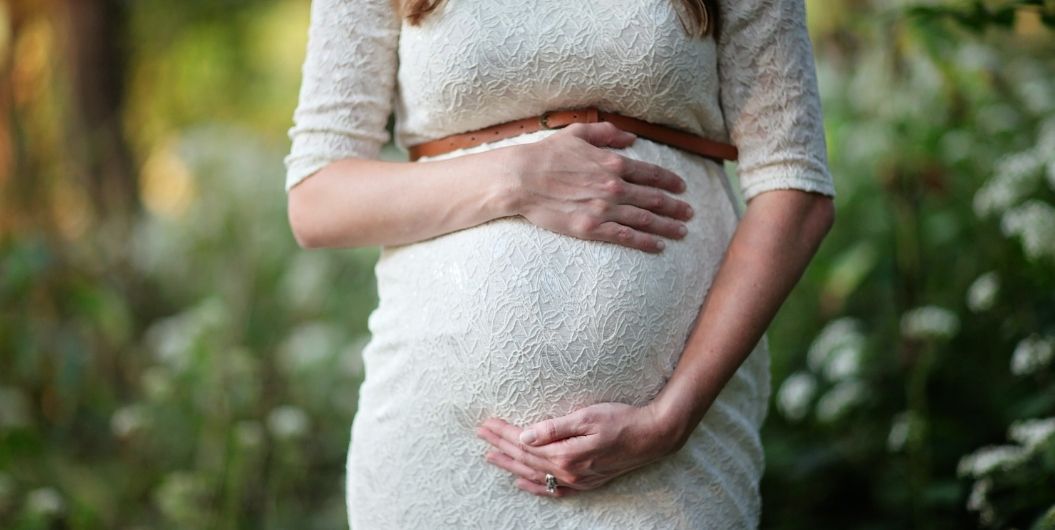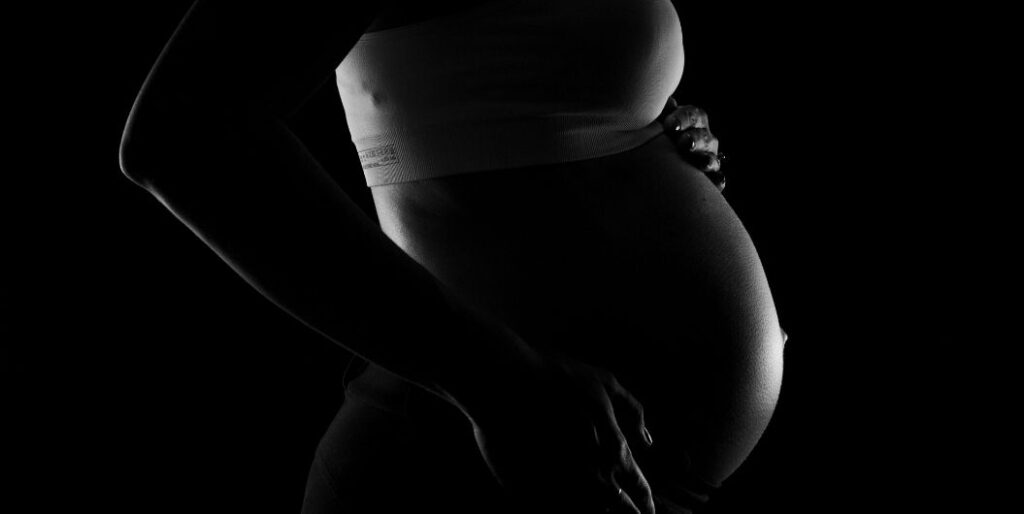What is a High Risk Pregnancy?

Even the most complication-free pregnancy is not something to be taken lightly. Your doctor will carefully monitor you at each prenatal visit to track your baby’s development and how you are tolerating the physical stresses of pregnancy. Unfortunately, some women will be considered “high risk” and their pregnancy will be deemed as such. Some women may have a high risk pregnancy due to a preexisting medical condition, or they may develop one during the pregnancy. If their baby develops a serious condition during the pregnancy, it may be classed high risk as well. Once a woman’s pregnancy is designated as high risk, she will require additional attention by her doctor, or may need to be referred to a high risk pregnancy specialist who specializes in the condition she or her baby may have.
Preexisting Factors that May Contribute to a High Risk Pregnancy
Age: While being over 35 doesn’t necessarily make you high risk automatically, it may contribute to being categorized as such. In the past, being over 35 meant your pregnancy was high risk, but now with advances in medical research and treatment, there are many tests available to rule out conditions, such as Downs syndrome, that tend to occur at higher rates with advanced age.

Preexisting Conditions:
- Heart disease
- Cancer
- Diabetes
- High blood Pressure
- Kidney conditions
- STDs such as HIV/AIDs
- Younger age, under 17
- Obesity
- Underweight
- Pelvic inflammatory disease (PID)
- Previous miscarriages, stillbirths or premature births
Conditions During Pregnancy
There are many serious conditions that may arise during pregnancy in both the mother and baby that may prompt a doctor to classify your pregnancy as a high risk pregnancy. If you develop any of these conditions, it will be your doctor’s job to carefully monitor your condition so that it does not put you or your baby in danger. Some conditions, such as preeclampsia, cannot be cured during pregnancy, but must be carefully treated and monitored so that your baby can continue developing in the womb for as long as possible.
The following are some conditions you or your baby may develop that may prompt a diagnosis of high risk pregnancy:
- Gestational Diabetes
- Preterm Labor
- Preeclampsia/Eclampsia
- High blood pressure
- Multiples
- Abnormalities or genetic defects/diseases in baby
While there are some conditions that you cannot avoid, preparing for pregnancy by keeping physically fit, eating a healthy diet, avoiding unhealthy habits such as smoking and drinking, and taking prenatal vitamins with folic acid can help you avoid a high risk pregnancy. Once you become pregnant, continue making healthy choices and get good prenatal care.
